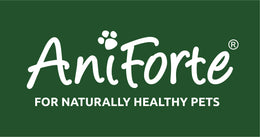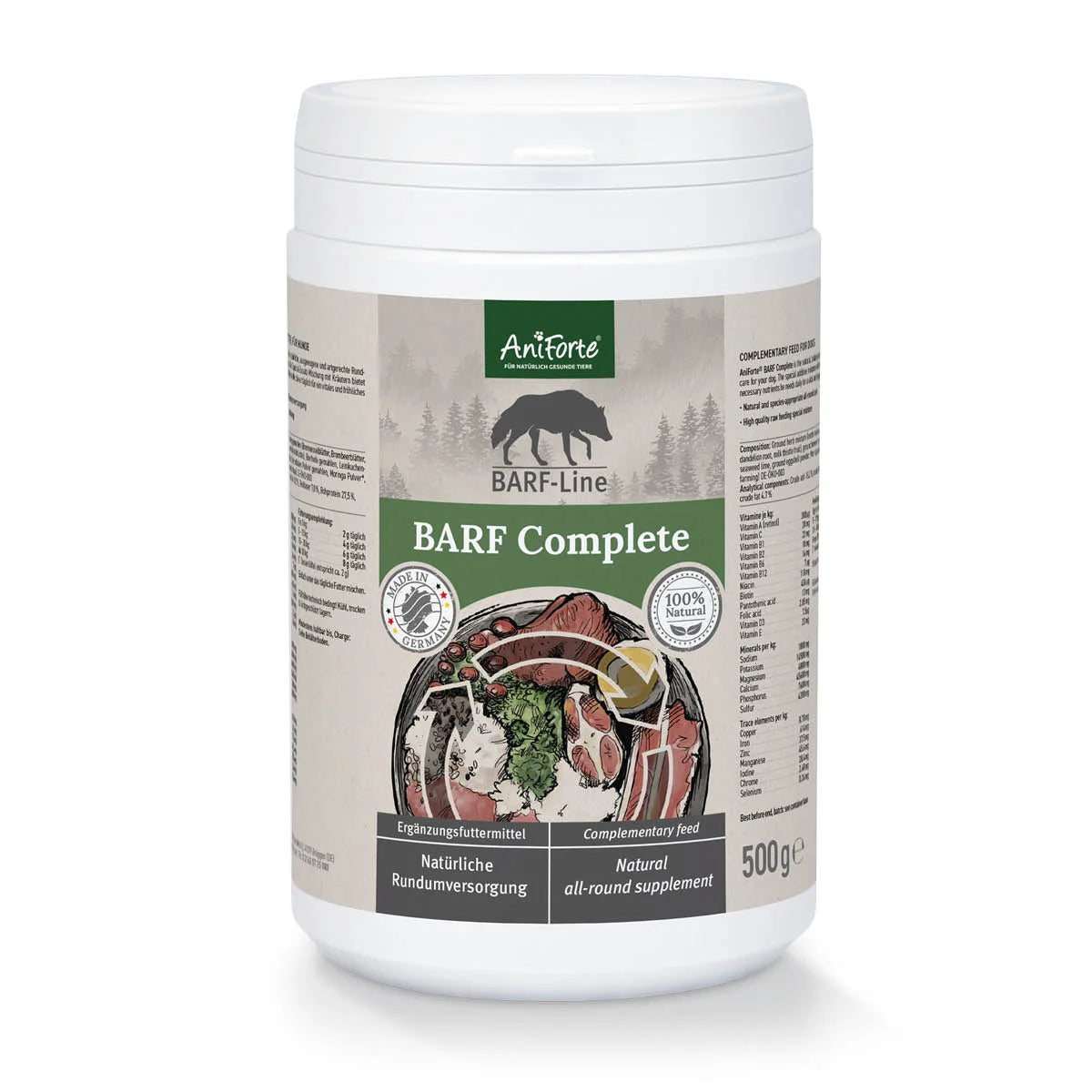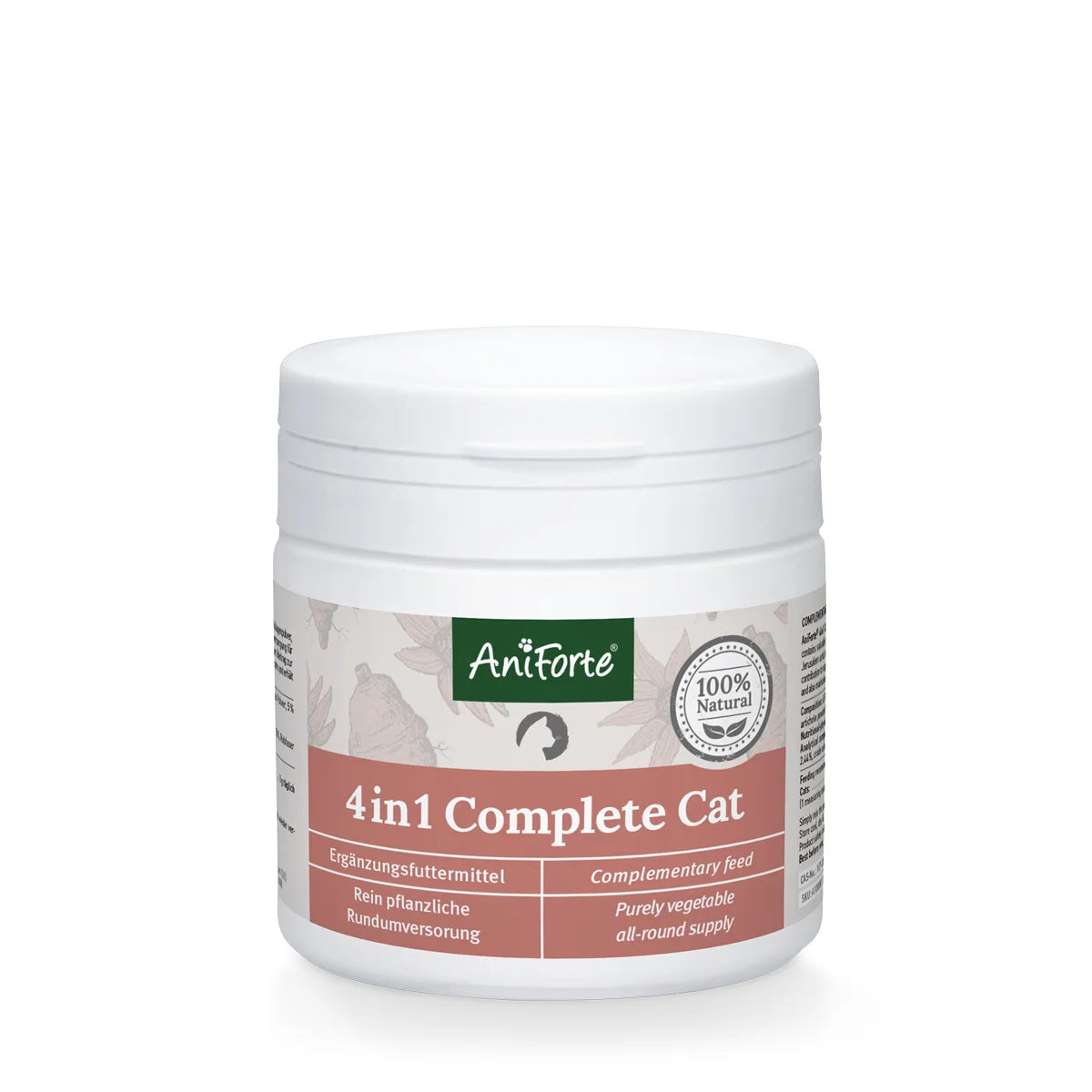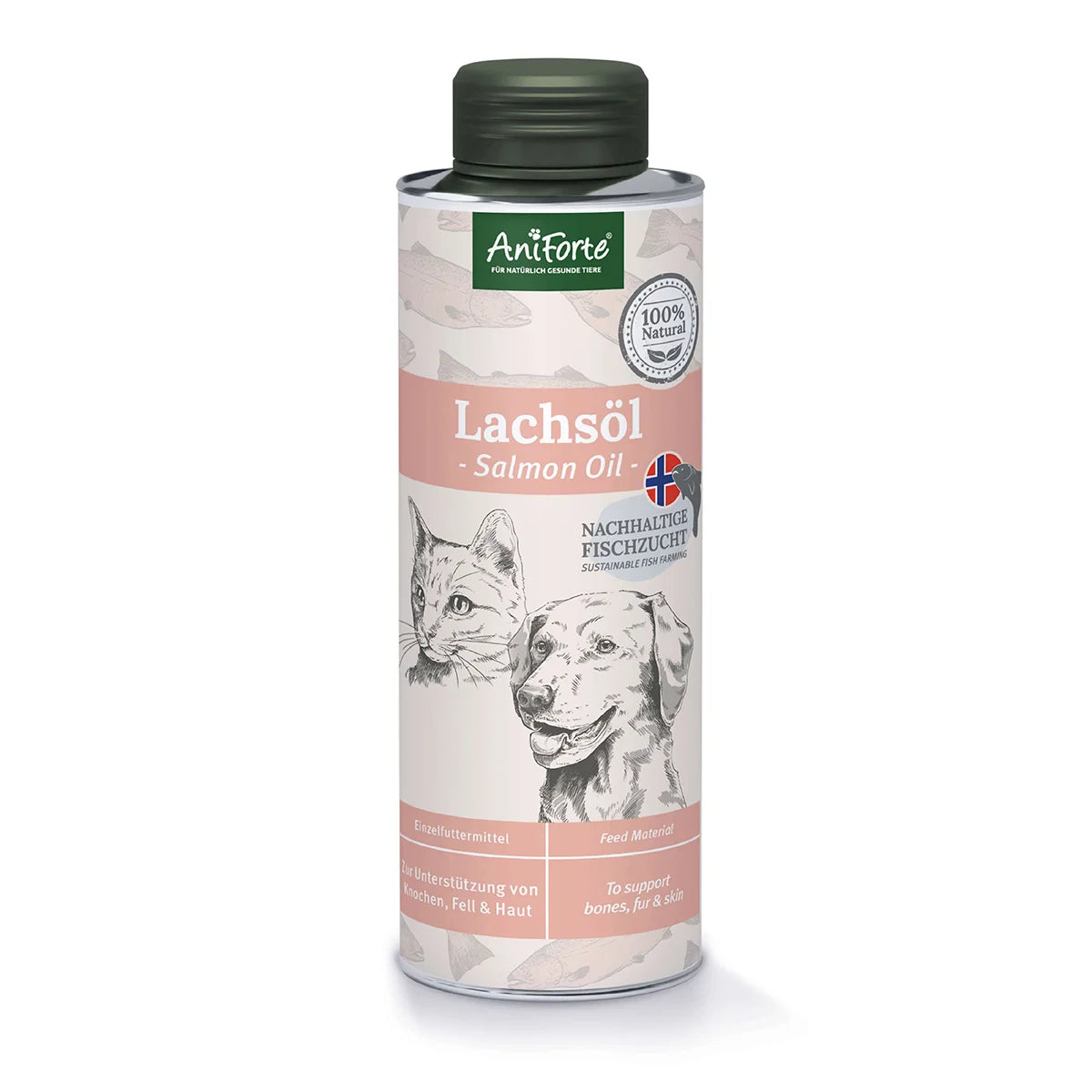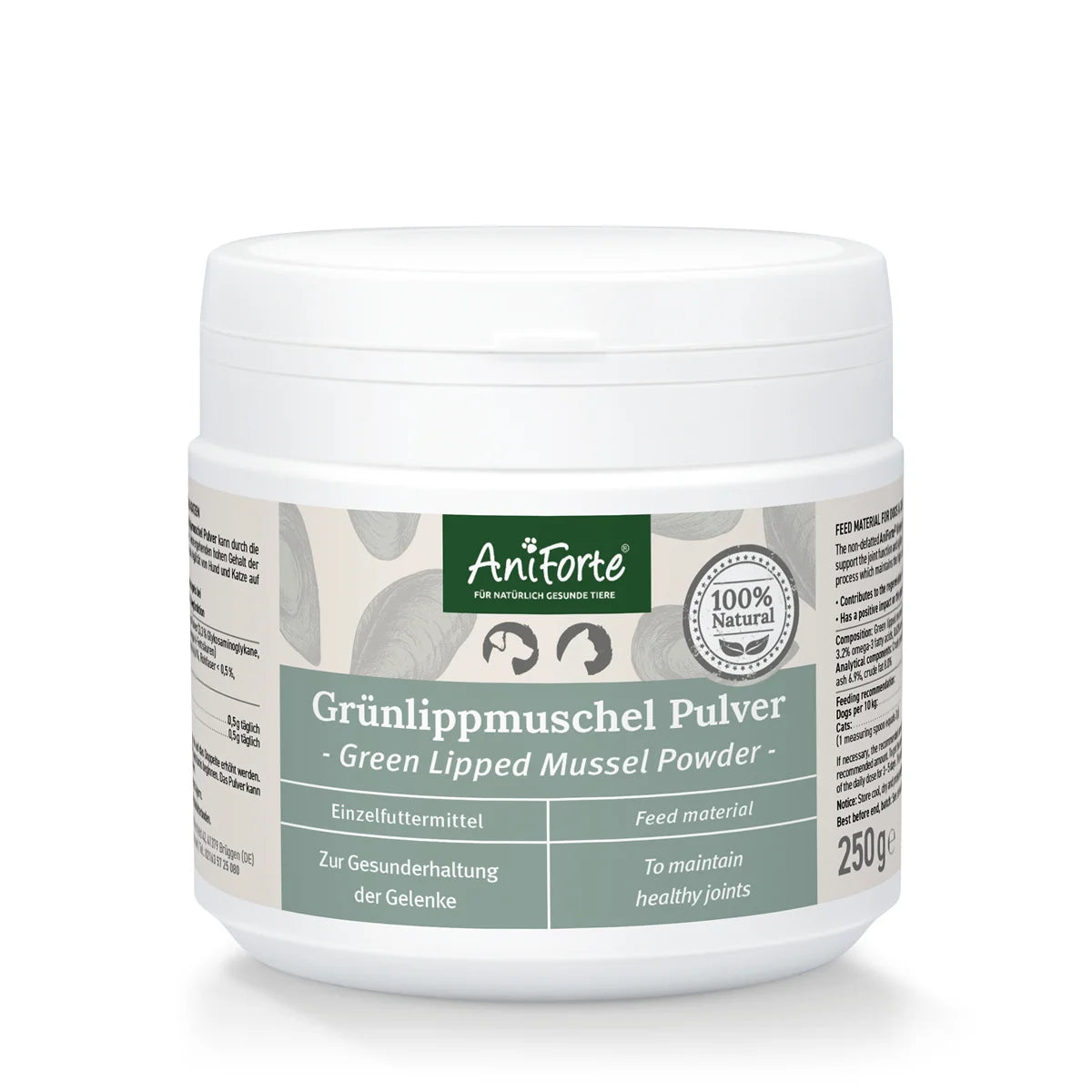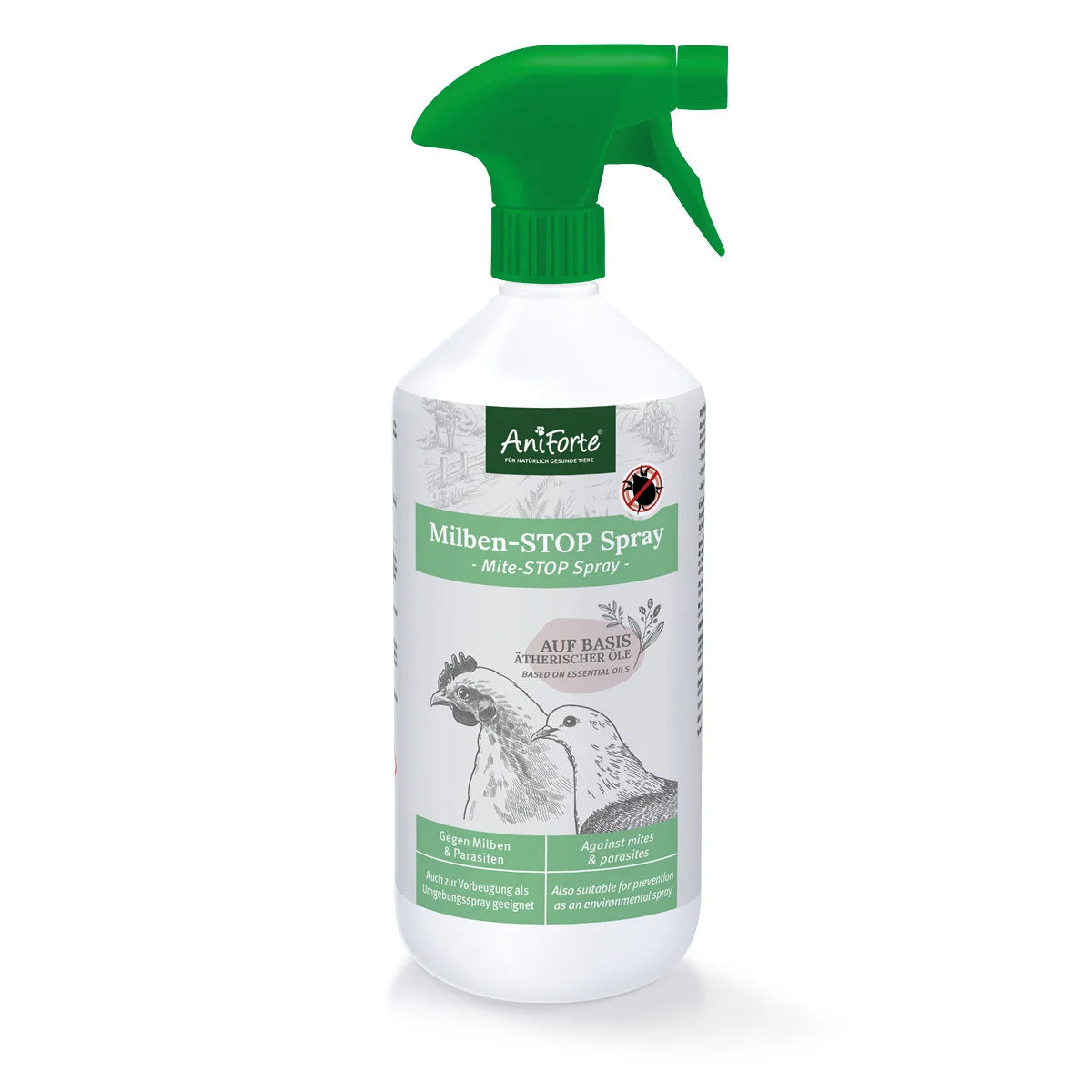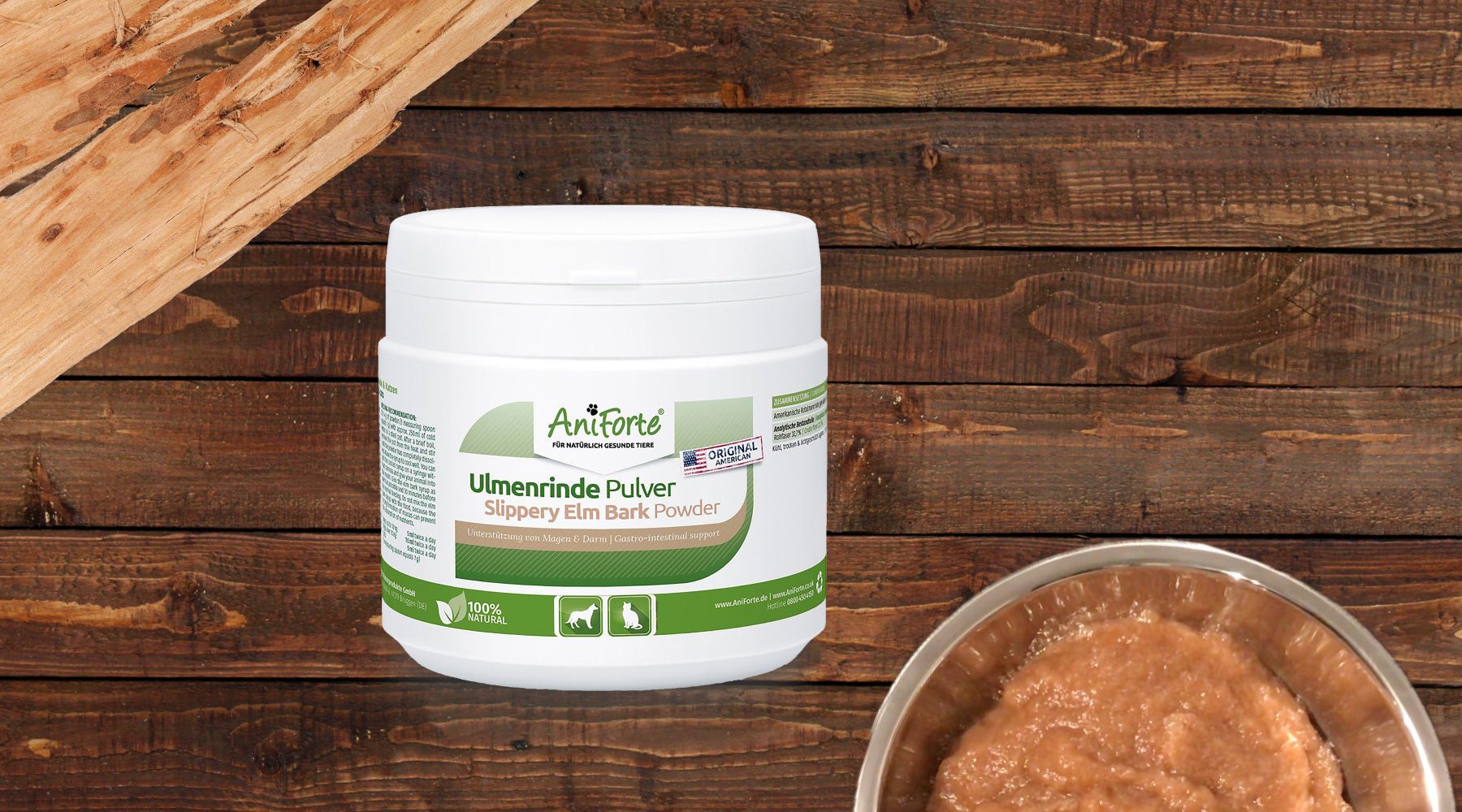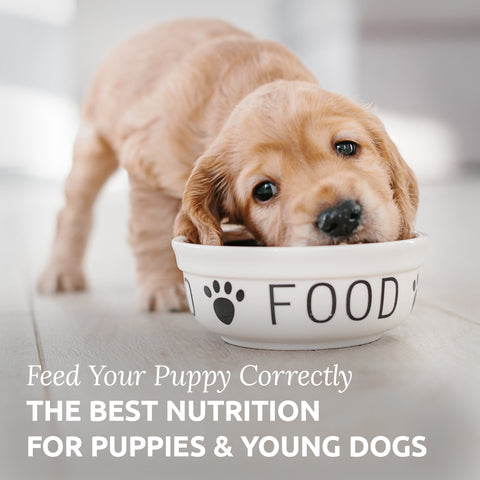
Your newest little family member is moving in soon, or he's recently arrived! As cute as they are, from now on they are completely dependent on you. In order to do everything right from the beginning, read on for some information on the right nutrition.
The best diet for puppies and young dogs
Many prospective puppy parents ask themselves how to feed the puppy properly. The first thing to know is that your puppy’s diet is the foundation of your adult dog’s health. Depending on the breed, our furry friends develop very differently, and in order to ensure optimal growth, the amount of food, type of food, as well as the frequency of meals must be adapted to the dog’s needs.
Until the third week, puppies are usually feeding on their mother’s milk, then they are slowly weaned. When you bring your new family member home, they are usually already weaned and are consuming solid foods. The puppy should receive special puppy food that covers all the important needs of his breed. You can ask the breeder in more detail about the nutritional requirements of your puppy. A competent and trustworthy breeder will provide you with the right information.
Continue to use the breeder’s puppy food for the first few days. Be careful not to make any changes too suddenly to avoid stomach trouble and it takes a while for the puppy’s gastrointestinal tract to recover.
If you want to feed your puppy with dry food, we recommend first soaking the dry puppy food in lukewarm water for a while. Then the pellets in the stomach do not expand as much and don’t cause abdominal pain and gas. The puppy’s small stomach can also digest the food better if it’s softened.
Feeding the puppy - how often is enough?
Feeding the puppy properly is not that difficult. But remember: “Small stomach, small amount of food” - that is the guiding principle in puppy nutrition. The puppy gets up to five meals daily at the beginning, because their stomach is still very small and cannot take in a full daily ration of food.
As a rule, feed 4-5 daily meals up to the 12th week, 3-4 daily meals from the 13th to the 20th week and up to 11 months, the dog can be fed 3 times a day. The respective periods depend on the breed and size of the dog. Small or medium-sized dogs can usually be switched to fewer meals more quickly than large breeds.
Once the dog is fully grown, you can switch to one meal a day. However, we recommend feeding the dog twice daily as two meals a day are better tolerated. This is particularly useful for voracious breeds such as beagles or labradors. You can cut the amount of puppy food in half and give the first half in the morning and the rest in the evening. Under no circumstances give your dog the full meal twice a day to avoid excess weight gain.
Make sure to enquire with the dog breeder at what times the puppy should be fed and adjust the feeding accordingly for at least the first two weeks. Otherwise, stick to the breeder’s nutrition guidelines.
Pay particular attention to the amount of food so that you don’t overfeed the little puppy. Receiving too much food and thus too many nutrients can lead to faster growth. This is unhealthy for the puppy and especially later for the adult dog. Serious health issues can result, especially for bones and muscles. Overfeeding the puppy can also lead to malformations and diseases that only show up in adulthood and cannot be reversed.
Consider treats part of the daily feed ration, so limit their intake. In order to feed the puppy properly, other family members should also be prevented from overwhelming him with too many different foods and snacks.
Feeding puppies properly - adapted to their growth phase
Food for puppies primarily has the task of supplying energy and important nutrients for healthy growth and optimal body development. Especially during the first few weeks it is crucial what the puppy gets to eat. Puppies need up to three times more calories relative to adult dogs because they experience the greatest growth spurt in the first year.
However, you need to differentiate between small, medium-sized and large breeds. While small breeds are fully grown at 8-10 months, the growth phase of a giant breed extends into the second year of his life. Adult dogs weighing over 30-40 kg grow differently than Chihuahuas and Maltese dogs, they have a different growth curve. Breeds such as St. Bernard, Great Dane or Kangal must therefore receive an adapted puppy diet for a longer period than small dog breeds.
The most important nutrients in puppy nutrition
Not only the frequency of puppy feeding and the amount of food in the daily ration are important, the nutrients must of course also be right. Carbohydrates, fats and animal protein are among the three most important macronutrients and should not be missing in the puppy’s diet. These macronutrients should be made available to the young dog in a balanced mix. If he receives too much or too little of these nutrients, deficiency symptoms and malformation disorders can occur in the long term.
Carbohydrates for puppies:
Carbohydrates are the fuel for the body and are converted into energy by the body’s own processes. They are stored in the puppy’s liver, kidney and muscles. If the puppy gets too many carbohydrates, obesity can be the result. Dogs are not necessarily dependent on carbohydrates, as they can primarily generate energy from fats and proteins. Carbohydrates are a complementary option, but not absolutely necessary, not even in the puppy’s diet.
Sources of Carbohydrates:
- millet
- tapioca
- oatmeal
- potato flakes or potatoes (only cooked)
- pasta
- rice flakes
- buckwheat
- barley
- amaranth
Fats for puppies:
Fats provide puppies with essential fatty acids such as omega-3, -6 and -9. Fats are there to keep the hormonal balance and to build up the cell walls. Among other things, they are components of the skin, hair and brain. An appropriate amount of fat is important for the puppy’s healthy development. Healthy fats are mainly found in high-quality oils.
Sources of fat:
- salmon oil
- black seed oil
- coconut oil
- cod liver oil
- high-fat meats such as beef, duck or pork (never feed pork raw as there is a risk of the deadly Aujeszky Virus)
- high-fat fish such as salmon, mackerel and herring
Animal protein for puppies:
Proteins provide the young puppy’s body with important amino acids. They are responsible for cell formation and renewal, act as proteins by transporting oxygen to the cells and, in the form of antibodies, are part of the immune system in puppies.
Sources of protein for dogs:
- meat
- yogurt
- cottage cheese
- quark
- cheese
- eggs
In addition to the macronutrients, which mainly supply the young puppy’s body with energy, the micronutrients are also essential for healthy growth. These include vitamins, minerals, trace elements and secondary plant substances. Most of these substances have to be taken in with food or through food supplements because the puppy cannot produce them on its own.
Micronutrients for a strong skeleton and robust bones:
- protein
- calcium
- phosphorus
- collagen
Micronutrients for eye and brain development:
- omega-3 fatty acids
- B vitamins
- selenium
- luteine
Micronutrients to support the immune system:
- vitamin C
- vitamin A
- vitamin D
- antioxidants
- iron
- omega-3 fatty acids
- selenium
Micronutrients for vital skin and shiny coat:
- B vitamins
- essential fatty acids
- zinc
The puppy should get these substances with the food. A lack of any of these nutrients can quickly lead to deficiency symptoms. Therefore, it is worth studying the nutrient tables of individual types of food if you want to feed your puppy properly.
Creating your own puppy menu
You can also prepare the food for your puppy yourself, so you have full control over the composition, quality and nutrient intake. With our B.A.R.F. (biologically appropriate raw feeding) nutrition plan we support you in the composition and adaptation of the nutrition to the basic needs of your puppy. In the composition of the puppies food, you need to take into account all important factors such as breed, size, previous illnesses, typical breed diseases and much more, so that health disorders and deficiency symptoms can be prevented at an early stage. Professionally trained animal nutritionists and animal health practitioners analyse the needs of your puppy and create an individual B.A.R.F. nutrition plan for your dog.

Do’s and don’ts in puppy feeding
DOS
✔ Feed suitable puppy food
✔ Feed the puppy several times a day
✔ Offer the food lukewarm or at room temperature
✔ Balance the puppy’s nutritional requirement
✔ Add feed supplements as additional nutritional support
✔ Adapt puppy nutrition to the breed’s growth curve
DON’TS
✘ Do not feed leftovers
✘ Do not offer food made for adult dogs
✘ do not feed too cold or too hot
✘ do not change the food too suddenly and frequently
✘ Do not leave the food bowl half full
✘ Do not overfeed the puppy: a little too thin is better than too fat
✘ Avoid too much calcium and phosphorus
